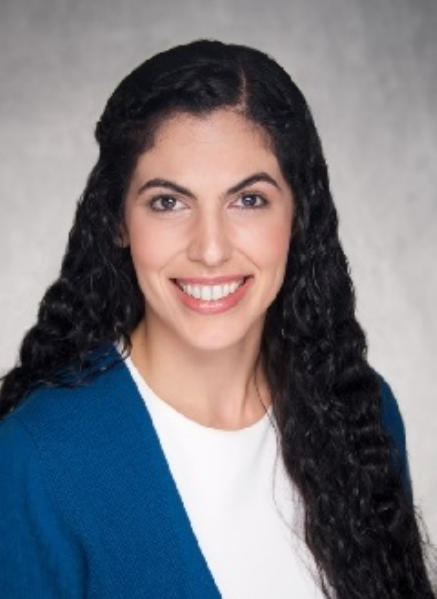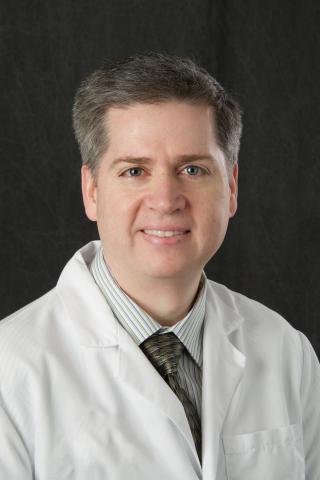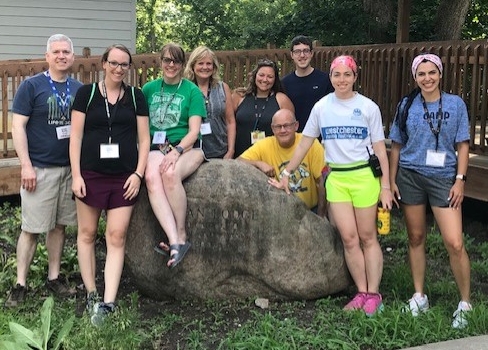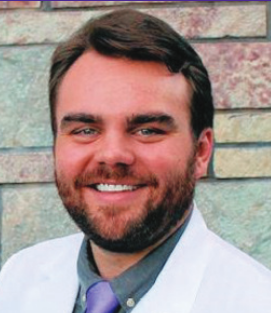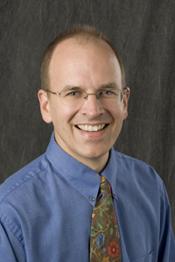
Persons with cystic fibrosis typically have an imbalance in their fatty acid levels. A prominent aspect of this imbalance is a deficiency of linoleic acid, which is one of the so-called essential fatty acids. Despite decades of research, the mechanisms of the imbalance are not fully understood. To better understand this fatty acid imbalance, a group of researchers at the University of Iowa, Kansas State University, and the Karolinska Institutet in Stockholm Sweden worked together to study pigs and ferret with cystic fibrosis. The results showed that the imbalance exists at birth even before first feeding. This result argues strongly against one of the leading prior hypotheses which was that the imbalance might stem from the nutrient malabsorption that occurs in cystic fibrosis. Instead, the results suggest that several molecular mechanisms might be responsible for the imbalance, including excess metabolism of arachidonic acid, oxidative isomerization of unsaturated fatty acids, and/or biliary loss of phospholipids containing unsaturated fatty acids. The senior author of the resulting manuscript describing the findings was Dr. Norris from our Division. The work can be found published in the journal Clinical Science (link).



